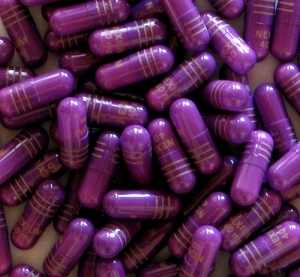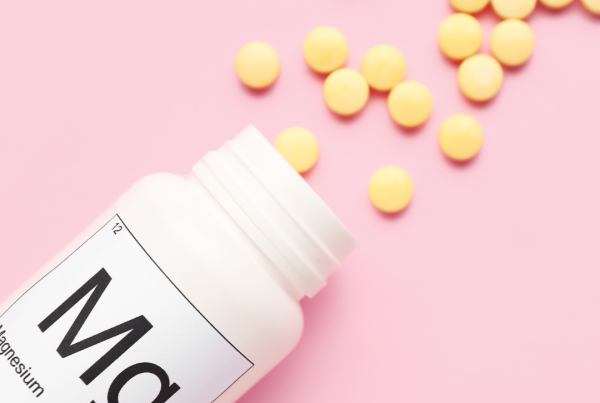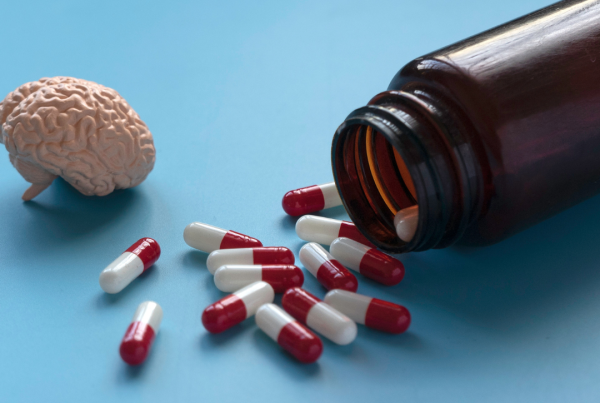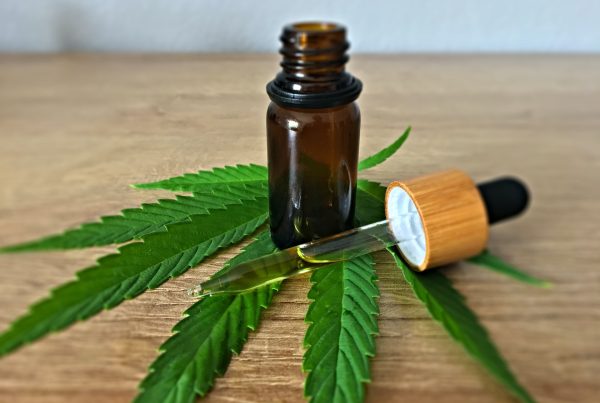
photo credit: Rennett Stowe via photopin cc
Our American Diet, consisting of over-processed, fatty, greasy fast food, along with overuse of antibiotics and pain medication all contribute the gastritis phenomena that keeps many doctors in business! We spend over $50 billions a year as a nation on digestive complaints (1). It’s one of the top complaints in my clinical practice. Symptoms of chest tightness at night, burning esophageal pain, nausea, burping, metallic taste in your mouth, and difficulty digesting foods are just a few of the common complaints. Are you also suffering from acid reflux? Do you have any of these symptoms? Try a more natural approach to dealing with your digestion problems.
Heal your Gut and adjust your diet
Watch your diet, infact alkalize it. Avoid acidic foods as they can exacerbate reflux. Eat a variety of vegetables and fruits an avg of 6-8servings/day. This is why incorporating a healthy green vegetable juice daily is a good idea Avoid peppermint, caffeine, tomato based foods,spicy foods and alcohol. Heavy rich dairy products also increased reflux symptoms, so eat them in moderation.
Stop overeating! Don’t eat when you’re full or not hungry especially late at night! Also, the more overweight you are, the more likely you will experience reflux symptoms. It’s common for expecting mothers to experience reflux, but please always discuss your regimen with your doctor.
Limit your medication intake
Avoid over the counter non-steroidal anti-inflammatory drugs (NSAIDs) like Ibuprofen, Aspirin and Naproxyn. Talk to your doctor about the medications you’re taking. Some of them could contribute to acid reflux syptoms. Always check to see do you NEED to be on a medication. Some medications are necessary but always ask what else you can do to be taken off the medications or to be switched to a more natural approach depending on the medical problem.
Keep a Journal
Just like any journal, you want to monitor how certain foods affect you. Some foods may or may not bother you like others. This is helpful because if you start seeing patterns, you will start knowing what foods aggravate your symptoms and you’ll quickly learn to avoid them!
Decrease your caffeine intake
Coffee exacerbates reflux, so be sure to pay attention and avoid it. Again, I”m a big fan of green tea as it has many cancer fighting agents, less caffeine and it has mood stabilizing properties. For those sensitive to caffeine cutting out both teas and coffees may be something to try and observe. Another ancient Ayurvedic trick is drinking ginger lemon honey tea after heavy meal to help ease digestion and sooth the stomach.
Stop Smoking
This is includes cigar, hookahs, and tobacco. If you haven’t cut out this habit, it’s something you should seriously considering doing!
Relax
Remember the more tense you are, the more digestive problems you’ll experience. Our brain and your gut all work together aiding our digesting. In acid reflux the lower esophageal sphincter (LES) relaxes a lot more so stomach acid sneaks back up get into the esophagus. In normal digestion, the LES releases appropriately so food can enter your stomach. This is why meditation, yoga and relaxation therapy is good for your symptoms by controlling your mind and activating your LES to release appropriately. Breathing exercises or pranayama are also a good things for you to try to help your mind,body and LES relax!
Take a shot
A shot of apple cider vinegar that it. Taking apple cider vinegar every day on an empty stomach is known to improve digestive problems. It does this by decreasing the acid level. Be careful, however, to dilute it: put 2tsp in 8oz of warm water as to not burn your esophagus over time. There are no studies at this time proving this, however patients swear it works!
Supplements
Proton pump inhibitors (PPI) like over the counter prilosec work; however, there are many side effects with long term use like increased risk of diarrhea from clostridum difficle , pneumonia and increased fracture risk from osteoporosis as well as vitamin B12 deficiency! I usually will put patients on them for short term, but there are many long term problems as well as patients have a hard time getting off of them.
Probiotics-There are numerous data emerging on increasing microbiota and the various links to different diseases. Incorporating a high dose probiotic initially 3x/day for a month and then daily after will also improve digestion, immune function as well as your reflux symptoms.
Digestive enzymes-I’m a big fan of digestive enzymes. Taking one pill 3x/day helps you break down and digest your food better while helping with reflux symptoms. There are tons of digestive enzymes on the market, find one that will breakdown fats, proteins, and carbohydrates. There are also specific digestive enzymes available if you have dairy or gluten intolerance. Patients with celiac need to be mindful of this and be aware it’s not meant to substitution for ingesting gluten.
DGL-In a head to head study deglycyrrhizinated licorice (DGL) showed the same results as cimitidine (h2 blocker) over 2 years for maintenance therapy for gastritis. This is another natural remedy patients love. Try using 1-2tab 20min before each meal.(2) Licorice has been known to increase high blood pressure, however this formula is safe for patients with high blood pressure.
Slippery Elm Bark– This herbal supplement can be used after you have over indulged in a heavy meal. It’s main properties is to aid in soothing the GI tract and it’s safe to take with other supplements and medication. It’s equivalent to pepto-bismol; you take after you realize you need a little more coating in the stomach.
Melatonin-Everyone knows the effects of melatonin for sleep, well recent studies shows it’s just as effective and or better in conjunction with other natural supplements as a conventional PPI (3). It’s mechanism of action is by helping the LES tighten instead of over relaxing. A low 3mg dose not only help you get your Zzz’s on but also help improve your reflux symptoms.
D-limonene– D Limonene or orange peel extracts are also known to help with GERD. They stimulate peristalsis and help the acid move appropriately into the stomach. In a recent study, 90%patients in a clinical trial experienced heartburn relief, while 75% compared to the placebo group experienced heartburn relief as well (4). You can safely take 1000mg every other day for 20 days for a total of 10 days.
Consult your primary care doctor as there are other tests that can be done to rule bacterial infections contributing to acid reflux like H.Pylori, dysbiosis, candidias or small intestinal bacterial overgrowth to name a few. Some of these actually require antibiotic medication which could help you feel a lot better. Hope these help and be sure to let me know as your symptoms improve!
References
1. Parker, Steven. “Digestive Diseases: The Facts.” Digestive Diseases: The Facts. Health Guidance, n.d. Web. 20 Oct. 2014
2. Morgan AG, Pacsoo C, McAdam WA (June 1985). “Maintenance therapy: a two year comparison between Caved-S and cimetidine treatment in the prevention of symptomatic gastric ulcer recurrence.” Gut 26 (6): 599-602.
3. Werbach MR. Melatonin for the treatment of gastroesophageal reflux disease. Altern Ther Health Med.2008 Jul-Aug;14(4):54-8.
4. Willette RC, Barrow L, Doster R, Wilkins J, Wilkins JS, Heggers JP. Purified d-limonene: an effective agent for the relief of occasional symptoms of heartburn. Proprietary study. WRC Laboratories, Inc. Galveston, TX


